“Uncover the shocking truth behind Mielle Organics’ hair loss scandal, P&G acquisition controversy, and allegations of betraying its core Black consumer base. Inside the beauty industry’s most explosive controversy of 2024.”
From Black Hair Hero to Beauty Industry Villain: The Explosive Mielle Organics Controversy
The beauty industry is no stranger to scandal, but few controversies have ignited such fierce debate as the ongoing Mielle Organics saga. What started as a Black woman-owned success story has morphed into a cautionary tale about corporate acquisitions, alleged formula changes, and accusations of abandoning the very community that built the brand.
The Fall from Grace: How It All Unraveled
When Monique Rodriguez, a registered nurse, founded Mielle Organics in 2014, she positioned it as a haven for Black women seeking quality hair care products. Fast forward to 2024, and social media is ablaze with accusations of severe hair damage, including claims of balding patches and massive hair loss. But is this really about damaged hair, or is it about damaged trust?
The White Influencer That Changed Everything
The first crack in Mielle’s pristine reputation appeared when white TikTok influencer Alix Earle promoted their Rosemary Mint Scalp & Hair Strengthening Oil to her three million followers. Black women watched in horror as their beloved product suddenly became the latest “white girl beauty discovery,” sparking fears of another cultural appropriation story in the making.
The P&G Acquisition: A Deal with the Devil?
When P&G Beauty acquired Mielle Organics in January 2023, many loyal customers saw it as the ultimate betrayal. Despite Rodriguez’s assurances that formulations wouldn’t change, skepticism ran deep. After all, hadn’t they seen this story before with other Black-owned brands?
The Hair Loss Horror Stories
Social media has become a battlefield of before-and-after photos showing alleged hair damage:
- Claims of severe scalp irritation
- Documentation of bald spots
- Stories of emergency salon visits
- Users reporting clumps of hair falling out
The Chemical Truth: What’s Really in the Bottle?
While Mielle maintains their formulas haven’t changed, cosmetic chemist Javon Ford’s analysis reveals some concerning ingredients:
- Essential oils known to cause irritation
- Menthol that can trigger scalp sensitivity
- Urtica Dioica (nettle) extract linked to dermatitis
- Potentially harmful DEA traces
The Proposition 65 Bombshell
The Initiative for Safer Cosmetics’ intent to sue filing under California’s Proposition 65 added fuel to the fire. While not a formal lawsuit yet, it raised serious questions about ingredient transparency and safety standards.
The Racial Economics of Beauty
This controversy isn’t just about hair care—it’s about economics, race, and corporate America’s complicated relationship with Black consumers. When Black-owned brands “cross over,” who really wins? And more importantly, who loses?
The Counterfeit Crisis

Adding another layer to this complex situation is the surge in counterfeit Mielle products flooding Amazon and eBay. Could fake products be responsible for some of the reported issues? Or is this a convenient scapegoat for a deeper problem?
The Science Behind the Scandal
Dermatologists weigh in on the potential causes of the reported hair loss:
- Essential oil sensitivity
- Cumulative irritation from long-term use
- Possible allergic reactions
- Interaction with existing scalp conditions
The Corporate Response
Mielle’s response has been carefully crafted but arguably insufficient:
- Social media statements defending product safety
- References to normal daily hair loss
- Emphasis on third-party testing
- Lack of direct engagement with affected customers
The Future of Black Hair Care
This controversy raises crucial questions about the future of Black hair care:
- Can Black-owned brands maintain their integrity post-acquisition?
- Should there be stricter regulations for hair care products?
- How can consumers protect themselves?
Lessons Learned and Moving Forward
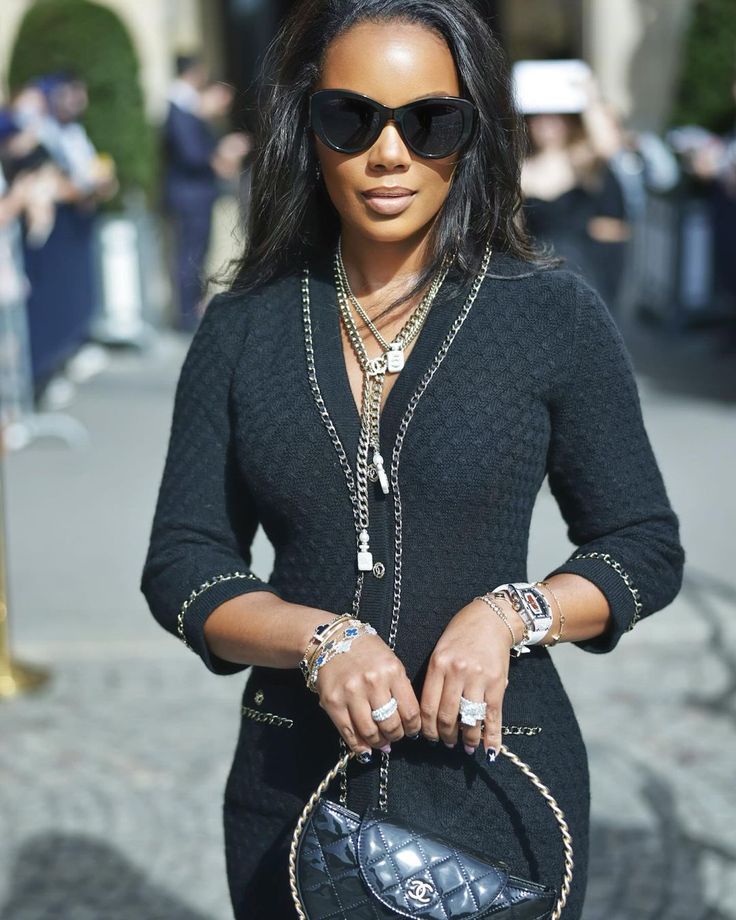
The Mielle controversy serves as a wake-up call for both consumers and the beauty industry. Trust, once broken, is hard to rebuild—especially when it involves a community that has historically been marginalized and exploited.
Protecting Yourself: What Consumers Need to Know
If you’re concerned about hair care product safety:
- Patch test new products
- Research ingredients thoroughly
- Buy only from authorized retailers
- Document any adverse reactions
- Consult professionals for serious issues
The Bottom Line
While the truth behind the Mielle controversy may never be fully known, it has sparked an important conversation about corporate responsibility, consumer trust, and the complex dynamics of race in the beauty industry.
The Mielle Organics controversy isn’t just about hair loss—it’s about loss of trust, community, and identity. As the beauty industry continues to evolve, one question remains: Can Black-owned brands truly serve their core community while pursuing mainstream success, or is something always lost in translation?
Have you experienced issues with Mielle products? Share your story in the comments on your youtube channel Urban Insider YouTube Join in the conversation about the future of Black hair care.

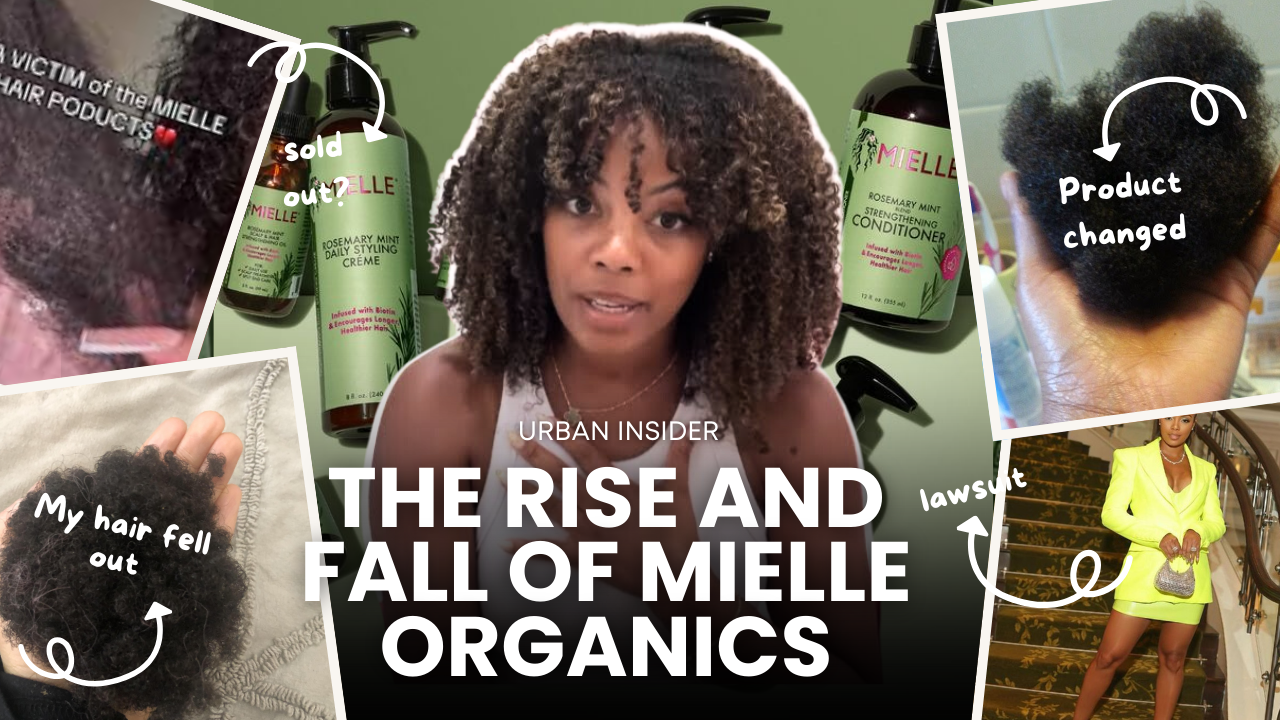
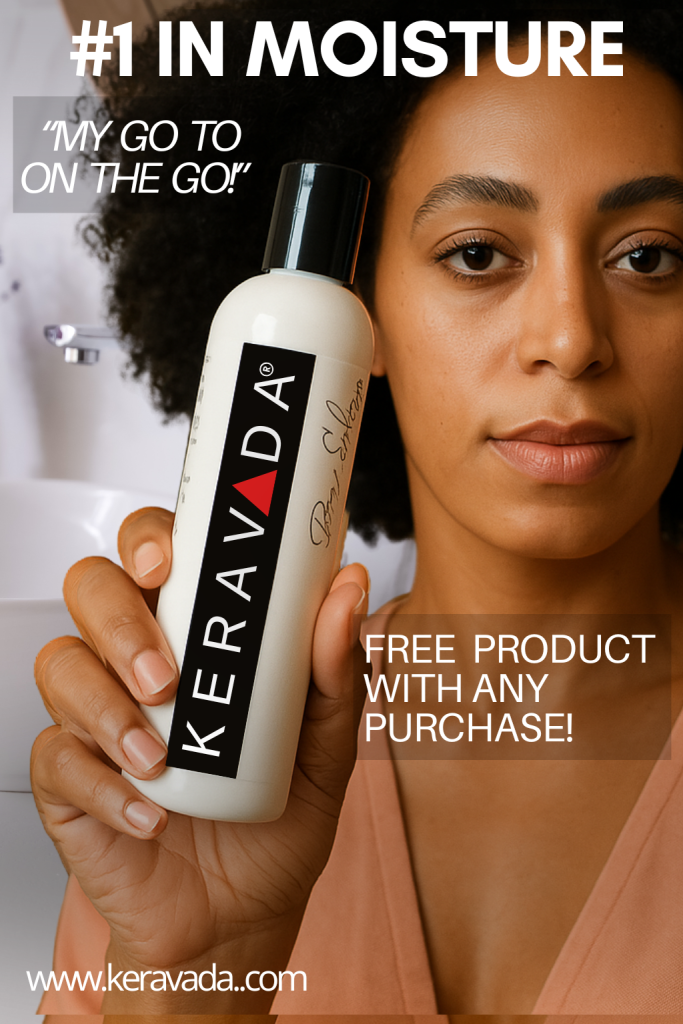
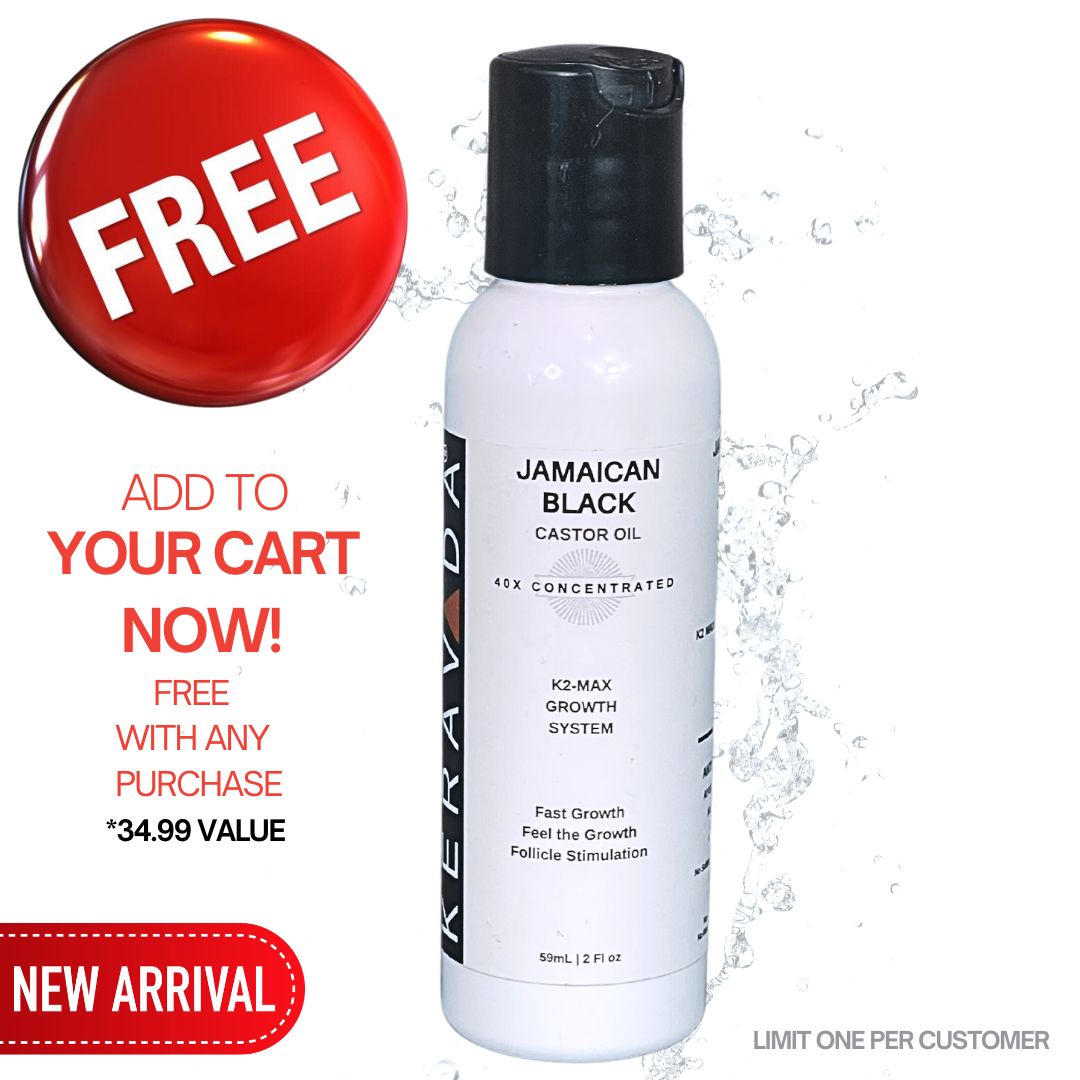





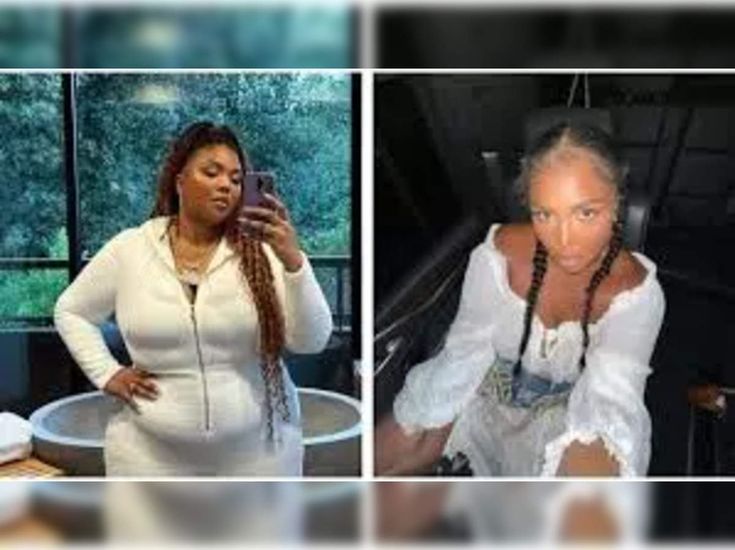
I never used this product before MIELLE so one day while purchasing my normal shampoo that
I I’ve been using for over 20 something yrs I
Was informed of the MIELLE product leave in
Hair conditioner plus the MIELLE ROSEMARY
MINT SCALP and HAIR STENGTHENING OIL
Well long story short my has fallen out a great deal I’m so sorry for listening how good these
Products would be great for my hair and now
I feel embarrassed as well as depressed
I truly wish I could sue y’all asses
DON’T PURCHASE Any PRODUCT WITH The
MIELLE NAME STAMPED ON IT
I started using this product in 2022. My hair came out around my edges and I bought a lot of her hair products and now I had to throw it away. Just so sad we can’t trust anyone.
My hair thinned really bad using it and I use it often
I have used Mielle products for several years and continue to do so and have never experienced any problems with the products.
I have used Mielle products for several years and continue to do so and have never experienced any problems with the products.
Is there a class action law suit..please advise with details as my child has suffered sever damage including hair loss.
The only hair products that disrespected my hair like IL MAKIAGE disrespected my forehead and eye area was Carol’s Daughter. But C’s D did not continue to deduct from my account.
However any product that has menthol I mix with natural oils instead of straight. But I will pay extra attention after listening to my sisters advice tonight.
I use her products and there is an irritation and soreness in my head. I didn’t know what was going on. Now I see I want use this any more. I had braids took my hair down and I had patches of hair come out and it was in the tub I had to keep stopping to get hair before it went down the drain. My head is sore and tender now. I went to the doctor because I thought it was my medicine .yeah. So I’m confused and concerned about my scalp that just hurts all the time.
I just want relief. I’m going to the dr. This irritation never goes away. My scalp has a raised spot not to big but tender to touch. And sharp pains like someone is sticking it with a needle. Very uncomfortable at 72 years. Didn’t need another thing in my plate that’s medical. I wish I had taken a pic of my hair lost.
I was losing hair left and right; woefully suspecting that someone was lacing my hair care products with hair remover. Due to living in an apartment community, I I thought it could possibly be maintenance because of a myriad of disputes regarding poor management.
I have a server hair loss how do I get in on a law suit
I have had no issue with Mielle, I use shampoo, conditioner, leave in conditioner and oil, my hair is continually growing, I honestly believe her products are being sabotaged, and I wish she would have continued herself, after all it would Not be the first time, now everyone wants to jump on her Rosemary Mint with there own brand, I’ll do a commercial for you Michelle…
I went from using CarolsDaughter products to MIELLE in 2023! I started with the MIELLE Hawaiian Ginger shampoo&condition , switched to MIELLE Rosemary Mint leave in-condition/shampoo Sugar Scalp Scrub ! In between I’ve tried the Rice Water collection also ! After a 3week braid do using MIELLE Rosemary Mint OIL I noticed my hair texture was changing! My natural curls were going straight and limp! My hair was shedding so bad by September of 2024 I stopped using the products! I use no heat at all on my hair this hair care journey has really turned into a nightmare! I tired to support but I’m afraid to continue! Something is definitely wrong…I’m going to cut my hair off and Pray it grows back!!!! The damage is done and so I’m I!